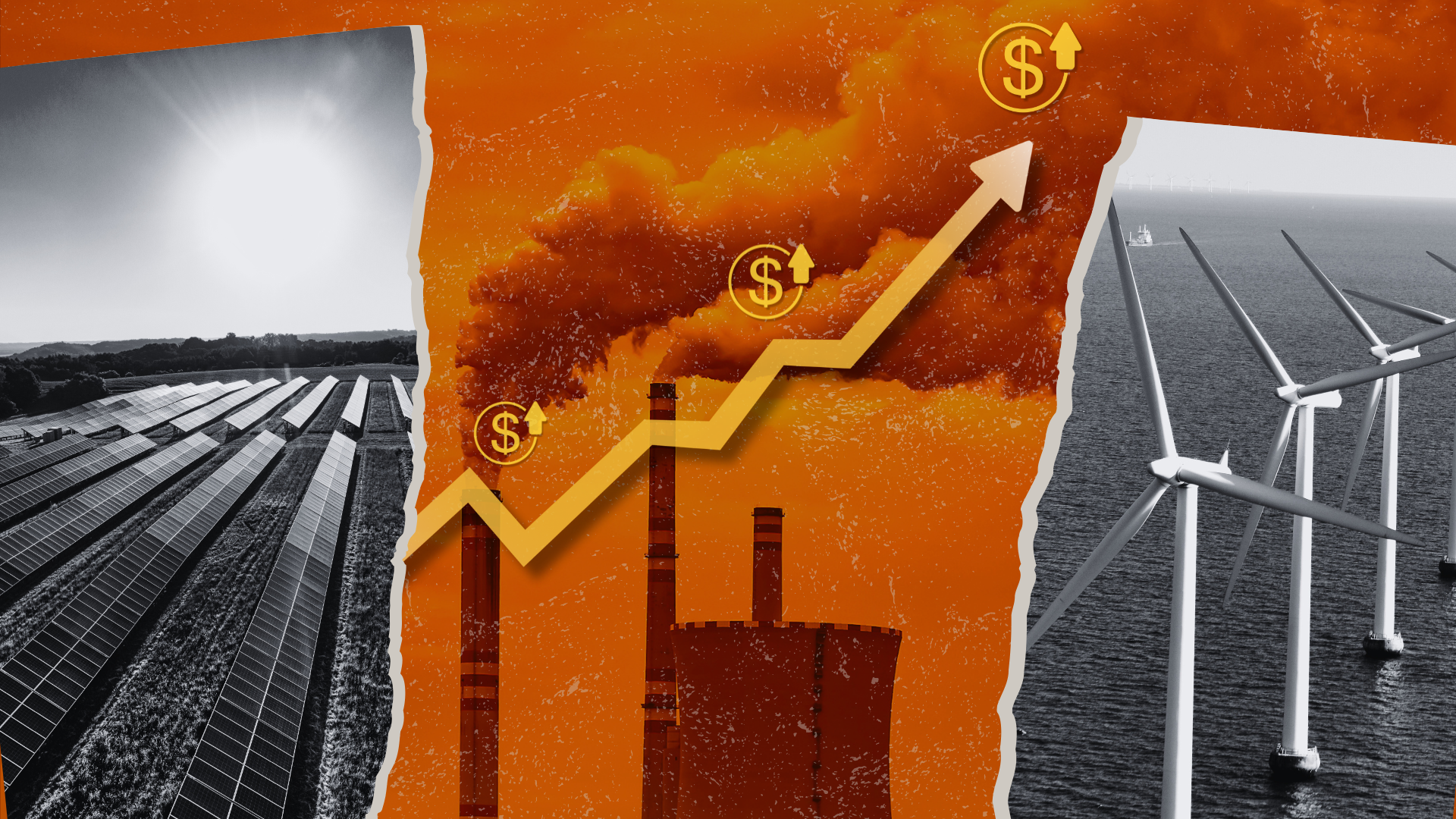Part 2 of 5: Drinking Water and Disease
The second installment of the IPCC’s 4th Assessment on Climate Change, titled “Impacts, Adaptation and Vulnerability”, was released on April 6, 2007. In recognition of this report, I’m doing a weekly series called “Climate Dangers You May Not Know About“.
1. More Acidic Oceans
2. Drinking Water and Disease
3. Shifts in Lifecycle Timing
4. Drought and Violence
5. Melting of the North Pole
The recently released second report of the Intergovernmental Panel on Climate Change (IPCC) talks about the many ways that global warming will affect people’s health. Their list includes malnutrition, heat exhaustion, diarrhea from water-borne disease, cardio-respiratory problems from air pollution, and more.
People think of these as third world problems, but the U.S. is by no means immune. Heat waves in urban areas cause dangerously bad air quality, both from pollutants and ozone (see our article for details). Plus increased precipitation and flooding (see report [PDF]) can cause dangerous water pollution problems. Here’s why.
The land people live on contains many kinds of toxins – pesticides from farming, fecal matter from farm animals, chemicals from industrial processes, and more. On land they don’t always cause problems. But when there is heavy precipitation, these toxins can get into the water leading to serious health risks.
Runoff from farmland and animal feedlots can cause sewer systems to fail, thus by-passing treatment systems. When the runoff flows into lakes, rivers and oceans, it can cause coliform bacteria outbreaks, and algae blooms that prevent people from swimming or eating fish from those waters.
When polluted water overflows river banks and floods communities, the health risk is even more dangerous. After Katrina, for example, the contamination was so bad that the water was dangerous to touch, let alone drink (see Hurricane Katrina Water Contamination). Okay, you might say, but Katrina was an extreme event. Is this really going to be a problem for most Americans? Unfortunately, yes.
More than half of all waterborne diseases in the United States occur after major rainfall events. (For details on the research see Extreme Precipitation Linked To Waterborne Disease Outbreaks and The Association Between Extreme Precipitation and Waterborne Disease.) With extreme precipitation on the rise due to global warming, waterborne disease will increasingly be a problem. And we’re not just talking about communities in the paths of hurricanes. If you live in a place where it rains, it can happen to you.













One Comment
I am sure many people do not understand that the hidden killer is actually smoking. Smoking is actually the main cause of cancer and strokes and We need to have more people spreading the ill effects of smoking and telling them to quit smoking.